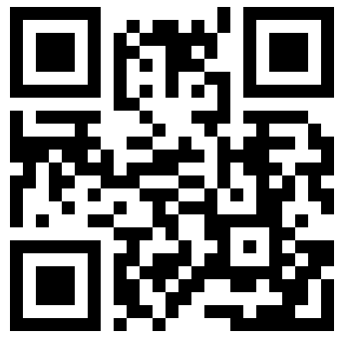Phone
+86 18630938527
With the continuous progress of medical technology, organ transplantation has become an important means of saving patients' lives. However, the success of organ transplantation surgery is often influenced by multiple factors, one of which is the accurate evaluation of the transplanted organ. Medical ultrasound scanners, as a non-invasive examination method, have been widely used in the field of organ transplantation. This article will explore the application of medical ultrasound scanners in organ transplantation and their impact on surgical results.
1、 Introduction to Medical Ultrasonic Scanners
Medical ultrasound scanner is a device that uses the physical properties of ultrasound to scan internal organs of the human body. It has the advantages of non-invasive, painless, safe, and convenient, and has become an indispensable diagnostic tool in clinical medicine. Through medical ultrasound scanners, doctors can clearly observe the shape, size, location, and pathological changes of patients' organs, providing important basis for diagnosis and treatment.
2、 The application of medical ultrasound scanner in organ transplantation
Assessing the quality of transplanted organs
Accurate evaluation of the quality of transplanted organs is crucial in organ transplantation surgery. Medical ultrasound scanners can effectively evaluate the quality of organs, including their morphology, structure, and blood supply. Through ultrasound scanning, doctors can determine whether there are abnormalities, injuries, inflammation, and other issues in the organs, thus providing strong reference for surgery.
Guide surgical procedures
In organ transplant surgery, doctors need to accurately transplant the donor's organ into the recipient's body. With the help of medical ultrasound scanners, doctors can monitor the transplanted organs in real-time during the surgery process and guide surgical operations. For example, in liver transplantation surgery, doctors can determine the direction and distribution of blood vessels between the donor liver and the recipient through ultrasound scanning, providing accurate guidance for vascular anastomosis during the surgery.
Monitoring postoperative complications
Postoperative complications are one of the common risks in organ transplant surgery. Medical ultrasound scanners can effectively monitor the occurrence of postoperative complications. For example, after a kidney transplant surgery, doctors can observe the blood flow of the kidney through ultrasound examination to determine whether complications such as thrombosis or rejection have occurred. By promptly identifying and managing complications, the risk of surgical failure can be reduced.
3、 The effect of medical ultrasound scanner on the results of organ transplantation surgery
Improve surgical success rate
Through accurate preoperative evaluation of transplanted organs and real-time intraoperative monitoring, medical ultrasound scanners can help doctors select suitable donors, formulate reasonable surgical plans, and improve the success rate of surgery. Research has shown that using medical ultrasound scanners in organ transplant surgery can reduce the rate of surgical failure and improve patient survival.
Reduce the incidence of postoperative complications
Postoperative complications are an important factor affecting the effectiveness of organ transplantation surgery. By monitoring the occurrence of postoperative complications, medical ultrasound scanners can help doctors identify and address problems in a timely manner, reducing the incidence of complications. A study has shown that using medical ultrasound scanners for postoperative monitoring can significantly reduce the incidence of complications after organ transplantation surgery.
Optimize patient quality of life
By improving the success rate of surgery and reducing the incidence of postoperative complications, medical ultrasound scanners can help patients achieve better quality of life. Research has shown that patients who use medical ultrasound scanners for monitoring exhibit better postoperative recovery and quality of life. These patients are able to recover to a normal state of life and work faster, improving the overall quality of life.
conclusion
In summary, medical ultrasound scanners have broad application value in organ transplant surgery. Through accurate preoperative evaluation and real-time intraoperative monitoring of transplanted organs, as well as monitoring and management of postoperative complications, medical ultrasound scanners provide important diagnostic and treatment basis for doctors, improving surgical success rate and quality of life. With the continuous development of technology and the accumulation of application experience, the application of medical ultrasound scanners in the field of organ transplantation will be further expanded and improved.
If you have any questions, please contact us!
CONTACT US

